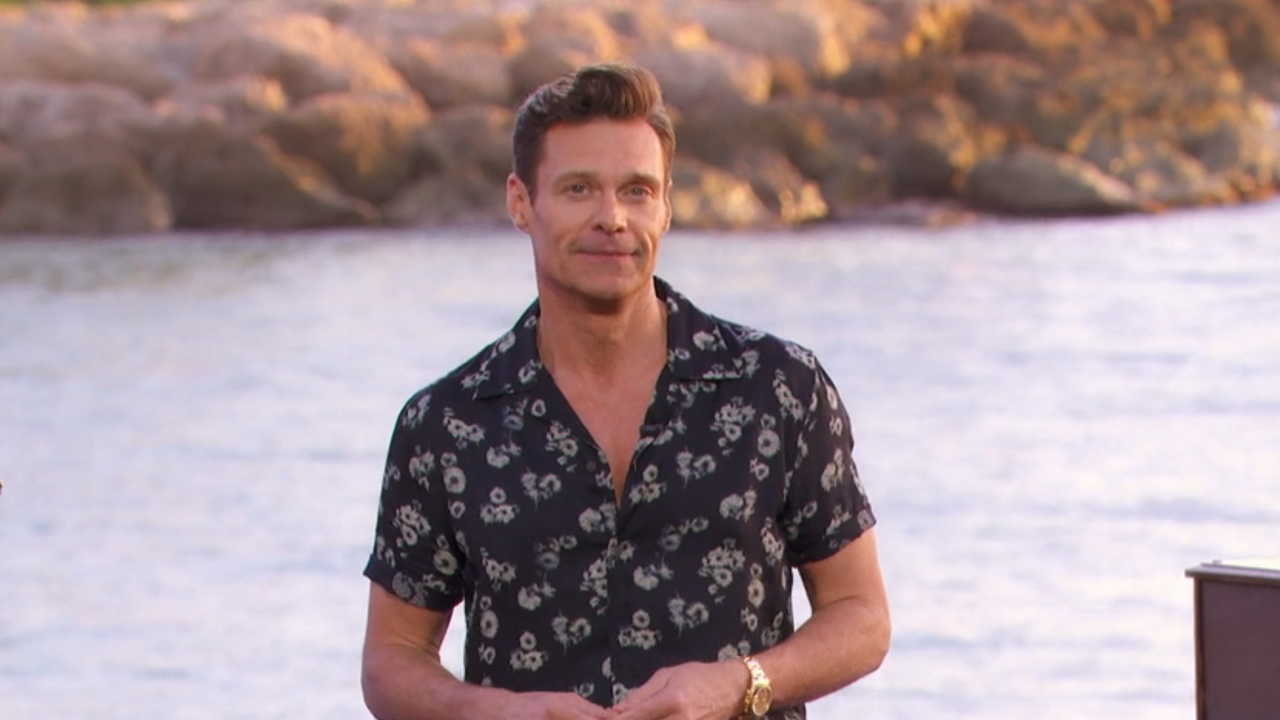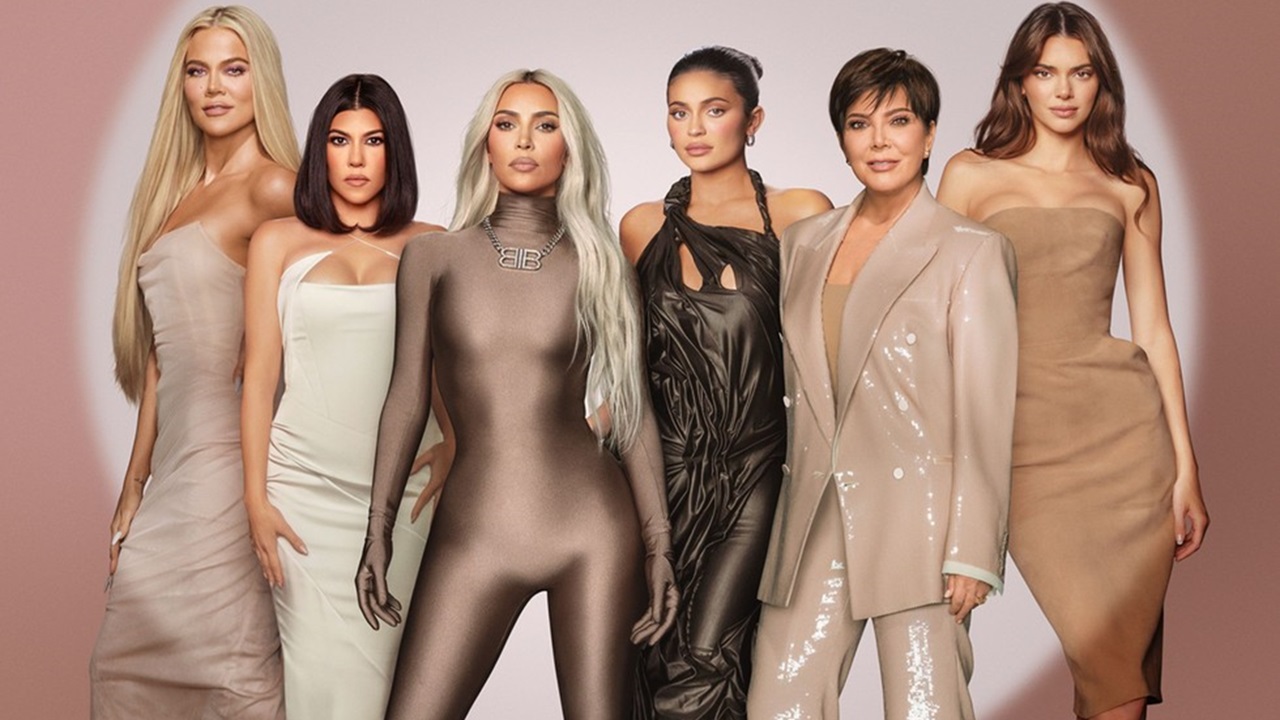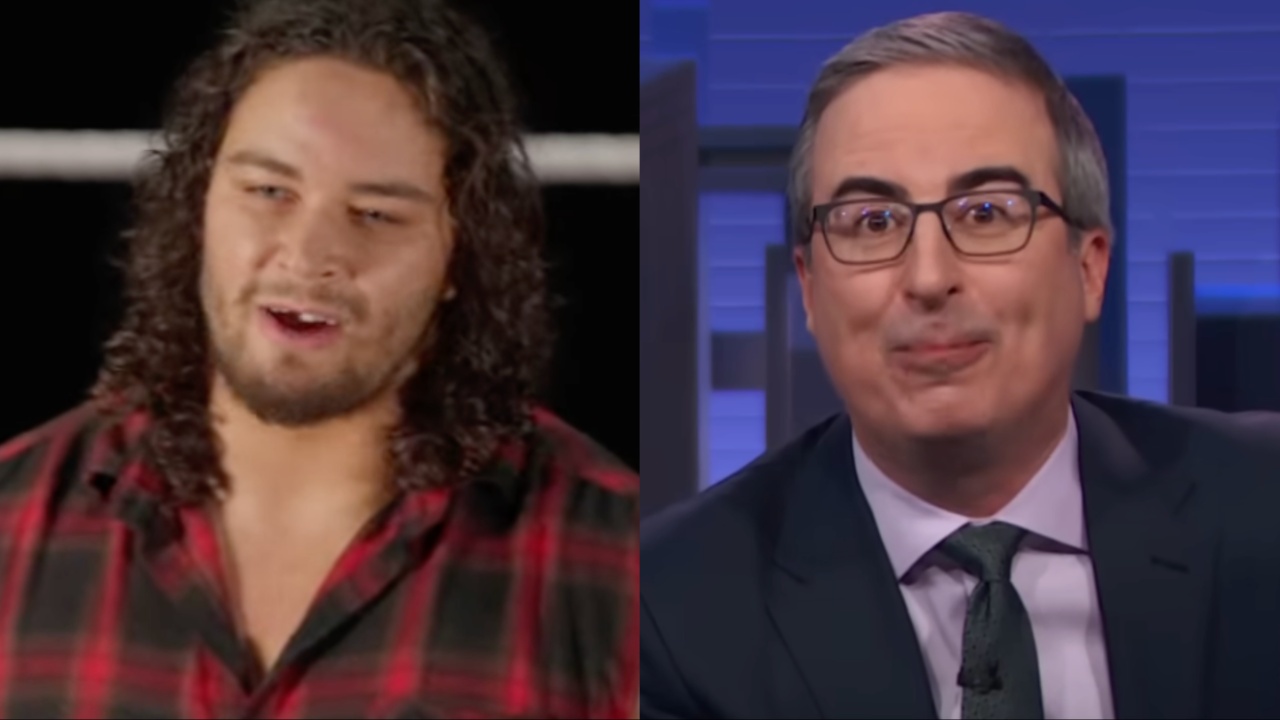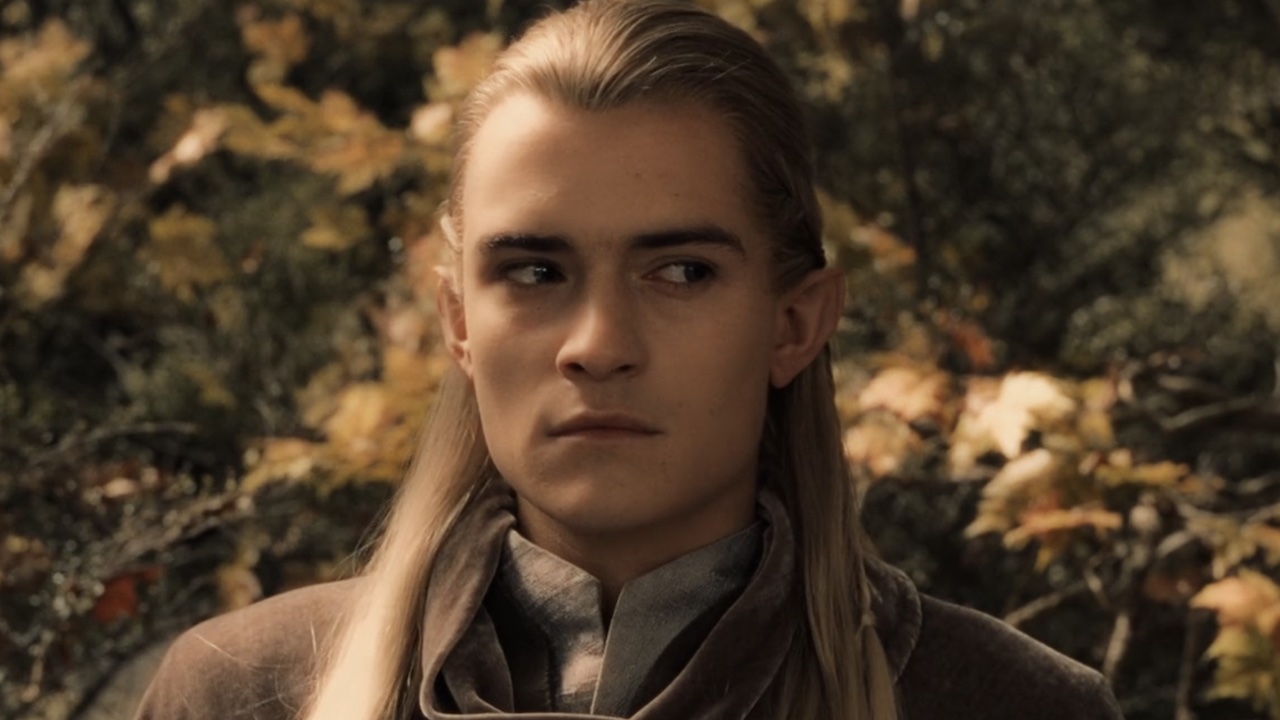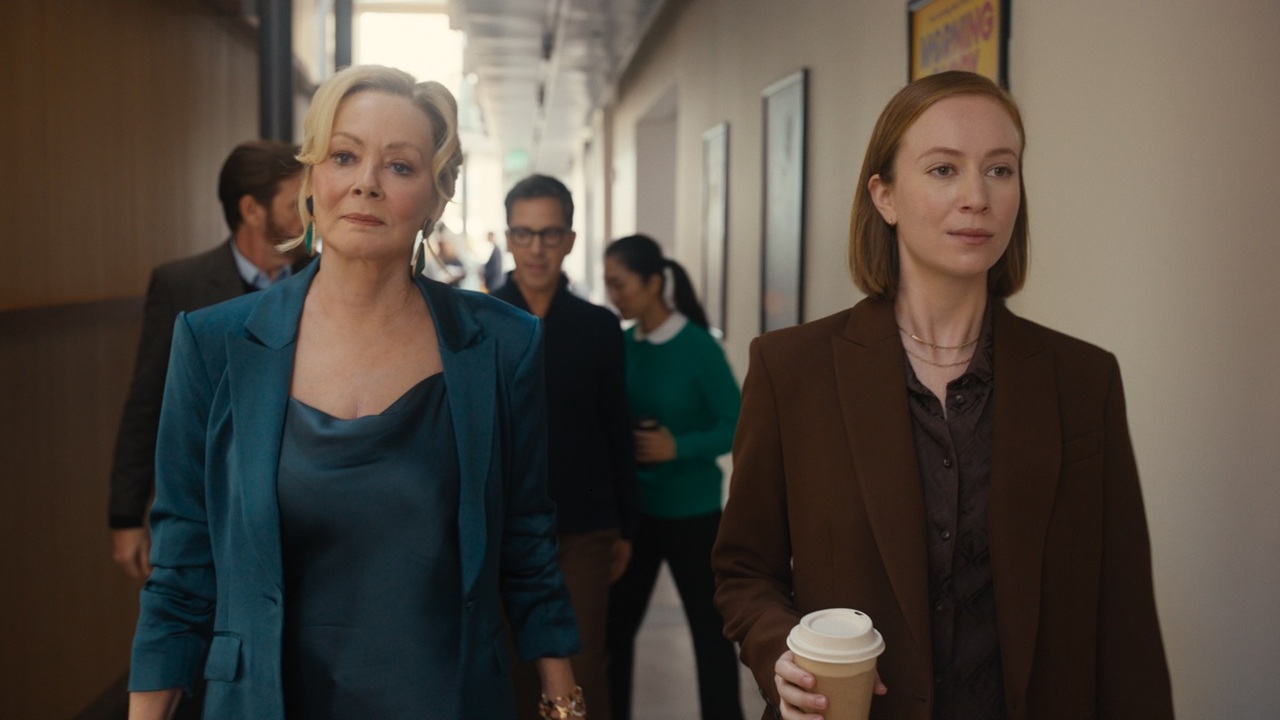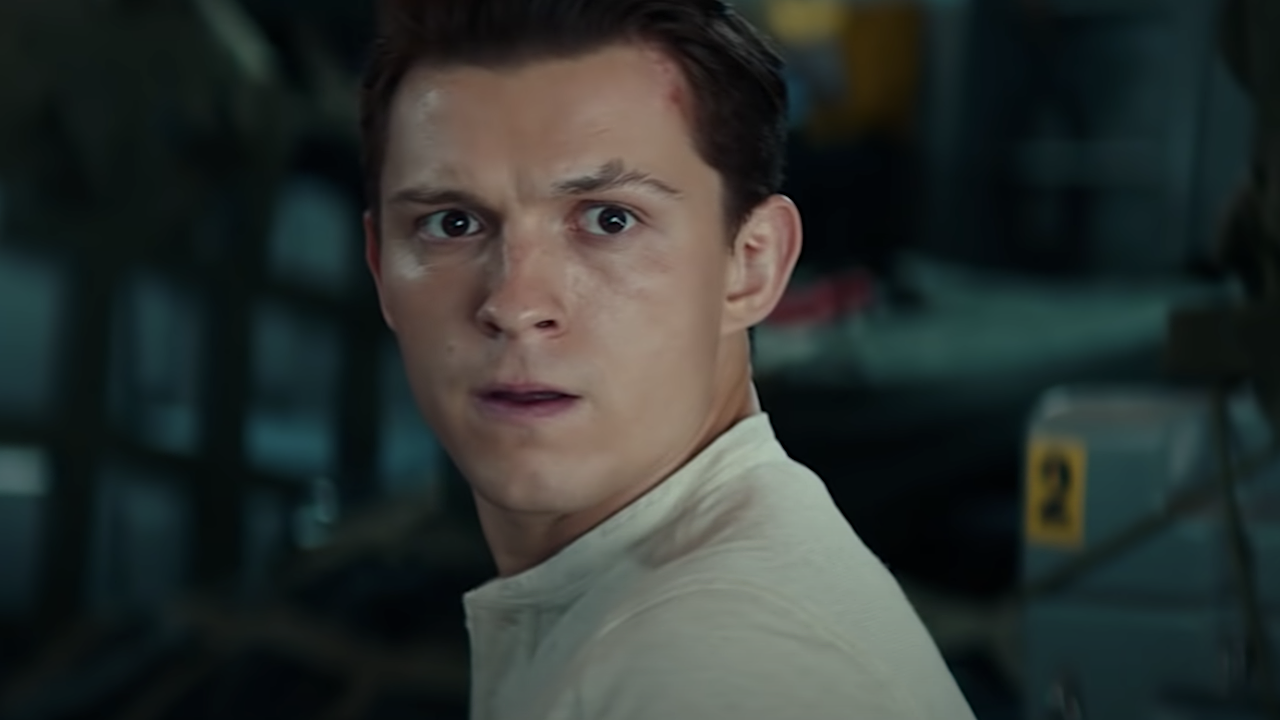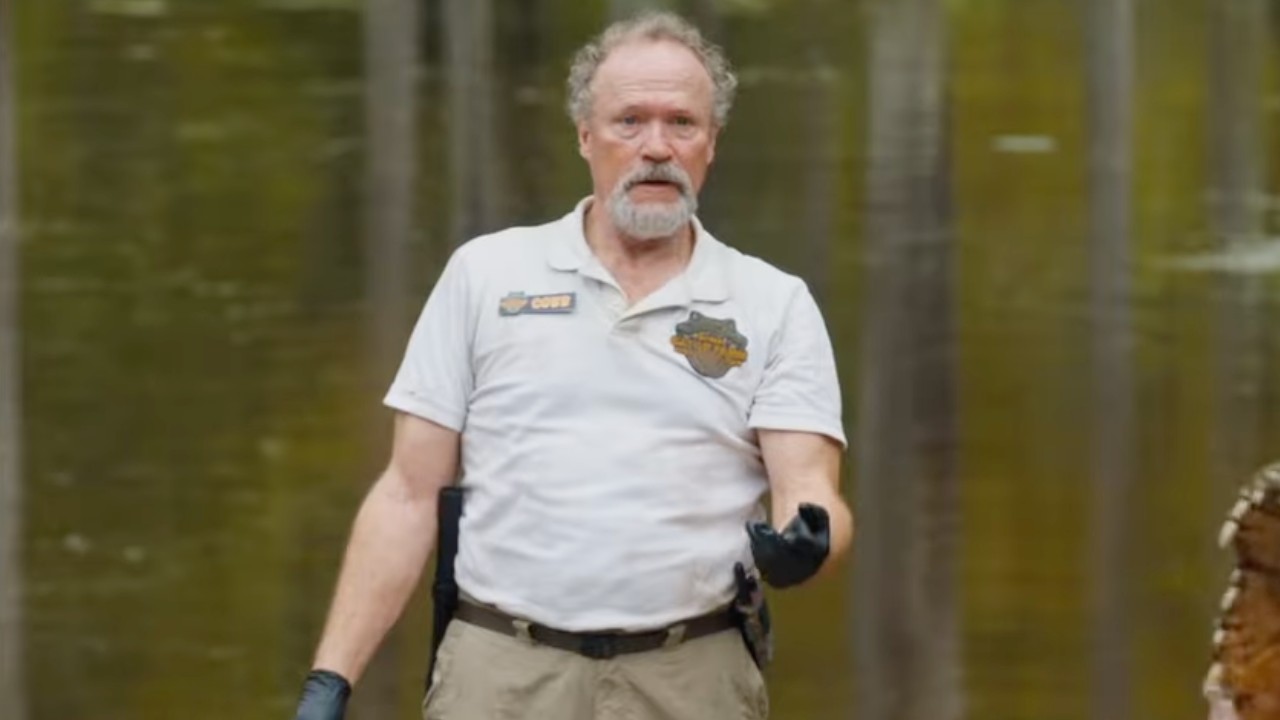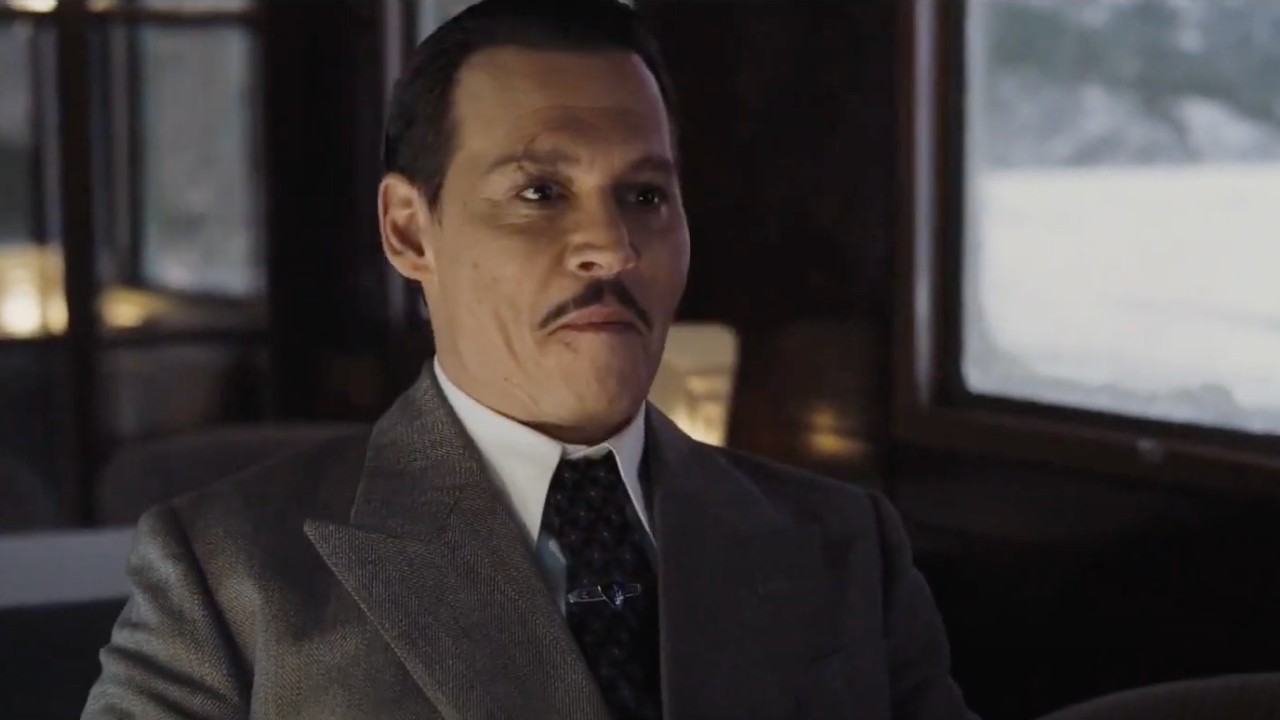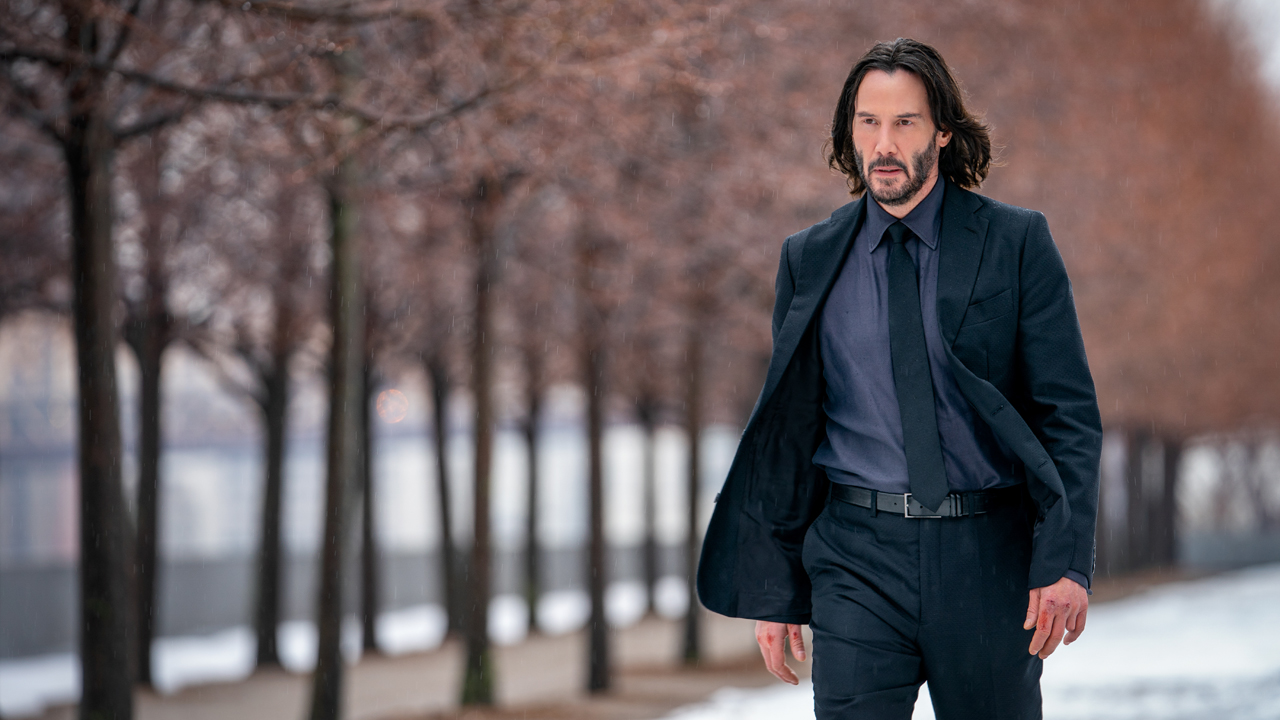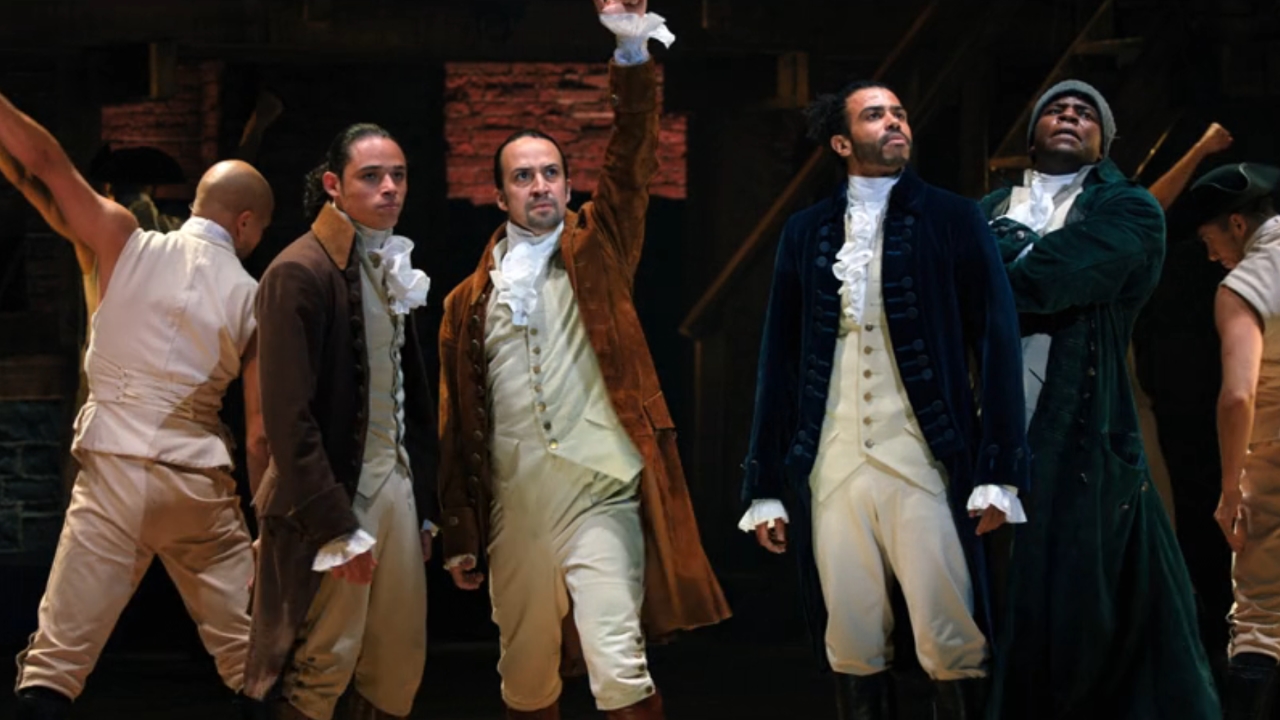Interview: John Travolta And The From Paris With Love Team
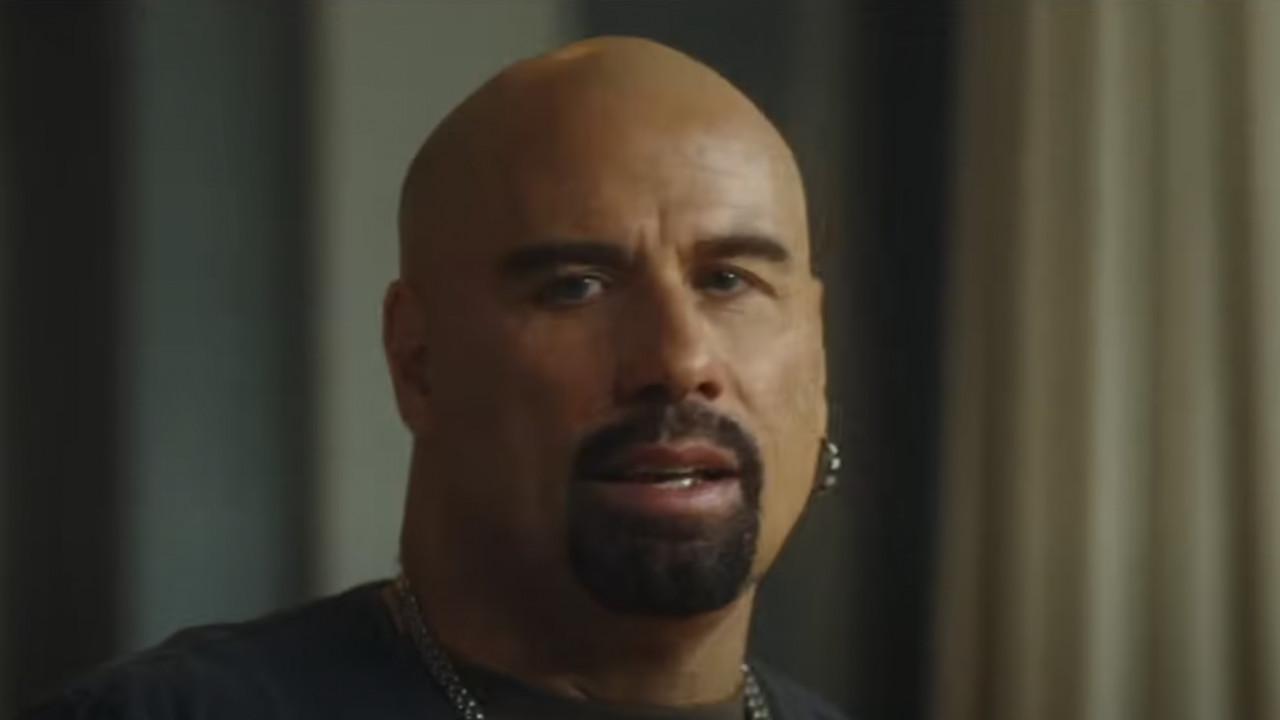
When John Travolta enters a room, time stops. Okay, not literally, but the guy’s got an unprecedented presence to match his extraordinary film career. Luckily he came in with a full head of hair rather than sporting a shiny bald melon like his character in From Paris With Love, Charlie Wax. Could you imagine how overwhelming that would have been? Still, between Travolta and co-stars Jonathan Rhys Meyers and Kasia Smutniak as well as director Pierre Morel and writer Luc Besson, the room was filled with a tremendous amount of talent.
From Paris with Love is a thriller about an eccentric and trigger-happy spy (Travolta) who whisks away his more docile young apprentice on an assignment to stop a terrorist attack. It’s as intense as it sounds. There’s bullets flying, bad guys dying and even a cocaine shower. Check out what the group said about designing John’s unconventional character, working in Paris, a Travolta family cameo and more.
John, what’d you do to prepare for this role?
Travolta: It was beautifully written, so he was easy to fill because the verbiage was so ideal for me to attack. The look was very important in this movie. We saw Soldier of Fortune covers where these guys are suddenly, I don’t know why, but very glamorous looking with scarves, shaved heads and goatees. It was brave to take it all off, but I think we decided that was the only way it would work is to be bold with it and go all the way.
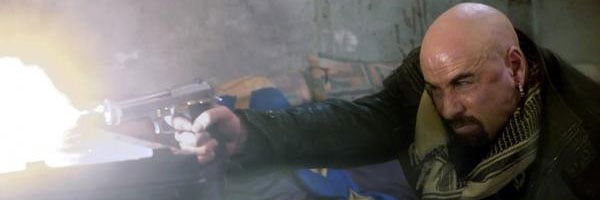
We’re so defined by our hair. What was it like when you first looked in the mirror after shaving your hair off?
Travolta: Pierre and I did a superimposed-type – what do you call it when you?
Morel: We did a Photoshop thing. We tried to erase John’s hair, we did different types of goatees. We did a little chemistry before.
CINEMABLEND NEWSLETTER
Your Daily Blend of Entertainment News
Travolta: Then we had to get approval from Luc, of course!
Morel: Did we? [Laughs]
Travolta: And Luc loved it right away, but, you see, you’re right. Film is a visual medium and I remember with Pulp Fiction it was my idea to do that kind of Dutch boy thing because [Vincent Vega] had spent time in Holland and I thought this would be this Euro-trash look. I remember Quentin [Tarantino] and the producer just thinking it was not a good idea and I said, ‘Well, can we just test it?’ And then the next day when they did a screen test on it I made sure it worked and then they loved it. But it was iconic, meaning it was a signature of the character. So when you design these things for the screening, they’re very important and not to be looked at as superficial at all.
Luckily you have a nice head!
Travolta: Oh yeah! Well, no bumps, no bumps. [Laughs]
What’s the difference between Charlie Wax bad and villain bad?
Travolta: I would define it in three different ways. The villain in Pulp Fiction is misguided. The villain in, let’s say [The Taking of] Pelham 1 2 3, is just out and out criminal. And then the villain in this is not really a villain. He’s a good guy who has unorthodox methods. He is a rogue and so, even though he does things that we don’t agree with, he solves the problem. And he’s so good at what he does that he gets away with being a little naughty. You can take that liberty when you’re that good.
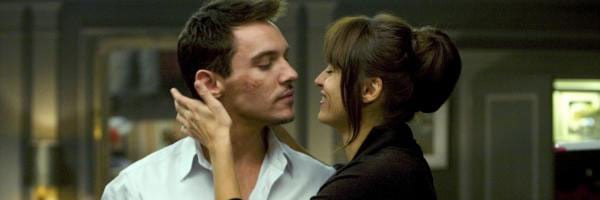
Jonathan, your character has a wonderful relationship with this woman, but doesn’t know anything about her life? How is that possible?
Meyers: Well, you know, love is blind. Really, how much do you know about your partner? He knows that she makes dresses, he knows that she’s into fabric, but he’s a naive guy anyway. It’s not like he’s being specifically naive because she’s so fantastically beautiful, yet it’s jarring and that’s why she’s there. These guys know what they’re doing so for us to have a challenge in the movie, these other guys have to be smart and they’re smart enough to know that this guy will go for this girl and he’ll go for her blindly because the beauty, the charm, the elegance, he’s living in Paris. This is the dream. This will all sort of divert him from what’s actually happening and I think it’s a great rouse. If you want to hide something, hide it in plain sight and they do.
Do you think you’d fall for it in real life?
Meyers: Absolutely! 100%! Hook, line and sinker!
Travolta: We all fell for her! [Laughs]
Smutniak: It shows how the guys are. They can play cool but in the end they’re like this. They get lost in their love!
Did any other filmmakers influence the style of this film?
Besson: No, the influence, honestly, I’m listening to rap music and eating sushi. I’m probably one of few generations where we eat every type of culture of food and saw American films and music from the world. It’s part of my culture now. I love and I cry in front of many American films, French films too, Japanese films too. I totally assume the fact that this multicultural thing, the more the people are mixed, the less we’ll have war.
What do you think are the necessary elements to turn an action thriller into a classic?
Besson: Oh my god, if we knew that we’d be like [sigh].
Morel: Is there a recipe for that?
Meyers: Can I jump in for a sec? I think it’s chemistry. I think that separates an action movie from a classic movie is the chemistry between the actors doing it. Why does Lethal Weapon work? Because Danny Glover and Mel Gibson work with each other and you can see the energy. They play off each other very well. Butch Cassidy and the Sundance Kid, if that had been Robert Redford and Warren Beatty, would it have been the same movie? Who knows, but it’s their energy that carries it. If you can get that one little moment where two people understand and they share a joke on screen or share a nice emotional moment that makes the movie. That makes a classic action movie to me. However, I may be wrong.
Travolta: I’m not going to disagree with him. [Laughs]
Besson: It’s also the amount of risk that you can take in the story. Sometimes, you know, if you say, ‘Okay, you know what, let’s shoot the girl at the table.’ And most of the people will say, ‘No, no, no. You can’t do that.’ ‘Fuck yeah I can, I just did.’ You also have to take some risk in the directing, in the script when you talk about he movement. You say, ‘checkmate motherfucker,’ you take the risk. You need to have to take risks otherwise you stay at the good level, you make a nice film, but you don’t have a chance to stay.
What’d you guys enjoy about shooting in Paris?
Travolta: [Jonathan] being a single man his joys may have been different than my joys. [Laughs] I think Luc and I enjoyed the food of France, Jonathan may have enjoyed something different.
Meyers: We watched a lot of movies, myself and Kasia. Look, Paris is the most beautiful city in the world and I was staying at a beautiful hotel, the [Hotel De] Crillon which is where Marie Antoinette learned how to play the piano.
Travolta: And I got married to my wife.
Meyers: And John got married to his wife. So you’re in an extraordinary elegant living museum because I’m right at the end of Place [de la] Concord so I walk out and I see the Paris that everybody dreams of. I also saw the Paris that is the living nightmare of an economic first world western country, which is there’s tons of people in Paris from different cultures all over the world trying to make a living, trying to make a life. I wasn’t the tourist coming in, going to Champs-Élysées, going to La Dorée and having macaroons. I was going out to these areas where people actually live and that type of Paris is not seen. Luc can show it to you, Pierre can show it to you, but I could never find it myself. So it’s great, it made it a real city to me and not just this Disneyland fantasy.
Smutniak: Hey! I was going to La Dorée.
Meyers: But you’re elegant and beautiful and, you know, you live in Rome!
Smutniak: I knew Paris before so I have some friends there. It’s a beautiful city.
Travolta: I came home from work around midnight one night and I said to my daughter and my son, who had a couple of friends with them, ‘How would you like to go downtown Paris where Pino Pizza on the Champs-Élysées is open? And we will have pizza and then we’ll go to the Plaza Athénée and have hot cocoa.’ They said, ‘ At this time of night?’ I said, ‘Yes, believe it or not.’ So we went downtown and we had pizza and then at 2am we’re sitting at the Plaza Athénée and having hot cocoa and they thought they had just, you know, this is a whole universe of lifestyle.
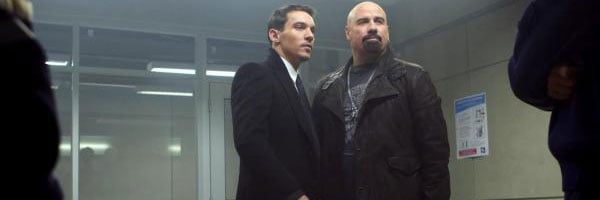
This movie is the epitome of pure entertainment, but it also has some deeper messages and meanings. What do you want audiences to walk away from this film with?
Travolta: Well, oddly enough I said this to Luc when the movie was over, ‘Strangely enough, this is the most authentic movie about terrorism that’s ever been made.’ Because in a very light way we’re not making a statement or giving a message, but there’s a truth that availed a thing that says wow, this is really the crux of it. It’s about misguided religion and misguided concepts and how things work in that terrorist world and yet we’re having fun disguising it almost. But I don’t think we intended for any particular message.
John, was that your family we saw in the background of the scene at the Eiffel Tower?
Travolta: You win the award for observation! That’s absolutely true. That was my wife and my daughter. We were shooting at the Eiffel Tower. My daughter hadn’t yet seen the Eiffel Tower and we were shooting in the middle of the day and I said, ‘Hey, you should come up and visit while we’re shooting there’ and then I asked Pierre if they could be the extras in that scene and Pierre graciously agreed and there you have it.
Morel: By the way, shooting the Eiffel Tower was the most challenging thing for us because the Eiffel Tower is a nightmare to shoot in actually. It’s a beautiful place. I love it, but it’s the most visited monument anywhere in the world. There’s millions of people coming every year to visit and there is no way to shut it down. Nobody’s privatized that, so you have to deal with like thousands of people peeping and trying to look at what you’re doing.
Meyers: Actually, I think it’s become one of the most difficult monuments to shoot in the world because now they charge you for shooting it because there’s blue lights on it and it’s privatized. So, if you want the blue lights on the Eiffel Tower in the background of your shot, it’s like 20 grand or something. It’s expensive! You know? It’s really expensive so you kind of got to do this and make sure that you pan off before you reach the Eiffel Tower.
Can you guys tell us about the physicality of your roles? Was there a scene that was particularly challenging?
Travolta: Well, for me the whole thing was challenging because I said to Pierre, ‘You really want me to do all of these stunts?’ I mean, I’m going upside down on a pole and shooting with two guns and rolling down buildings and jumping off and I said, ‘I’m an old man!’
Morel: I said, ‘So what?’
Travolta: And the odd thing was there was such a confidence in that I could do it that I decided that, well hell, I’m going to live up to their expectation and I went and did it and I really was proud that I attacked it in that full-bodied way. Even though I’ve been in two John Woo movies, this was the most running and jumping and fighting and flipping and the body’s still able to do it! Now [Jonathan’s] a young whippersnapper so his body is made to do this kind of thing.
Meyers: Physically okay. Yeah, it was okay. Except I don’t like heights and I have to go up these steel stairs and I’m not a good height guy and I drop the vase of cocaine, going up the stairs. And I could hear Pierre laughing from like three floors below and John’s still running. He’s like three floors ahead of me. And then we’re like ‘cut’ and it’s like I got to go all the way back down and I’m scraping the coke in and it was just awful. And this vase, of course, the physicality with me is I’ve got to hold this vase, which became a teddy bear. It’s like his blankie at one point. And I kind of felt sad when I had to drop it. It was kind of like this is what protects me from the whole world is this vase of washing up powder.
How’d you deal with balancing the comedy and the drama?
Travolta: I think that’s in the writing.
Morel: I think that was the whole point. It had to be. That’s what I was looking for when I read the script the first time, when Luc gave me the script. I had fun because the characters were written like that.
Travolta: In all fairness, I think Pierre was the balancing act. He knew when something was too funny or too serious and I think Pierre could modulate this beautifully for us because sometimes, you know, my instinct, I’m a comedian too, so my instinct is to go really funny and he’d sometimes pull me back and then sometimes he’d say you’re free now, you can make it funny and I’d go all the way so I think Pierre orchestrated that as well as a beautiful script.
Morel: Every single scene we did, we call it Chinese menu.
Travolta: We call it Chinese menu. I actually got that from Meryl Streep and she gives tons of choices and I decided that I had always done that but now there’s a name to it. Chinese menu is you give the director as many choices as he can handle and then in the editing room they pick the choice they like. If you trust the editor and the director. So I said to Pierre, ‘We’re going to do Chinese menu. I’m going to give you funny, straight, dramatic and as many styles as you want.’ And it works!
John, how are you doing on a personal level?
Travolta: It’s been a rough year. I’m not going to say it’s not been, but we’ve been working very hard everyday at healing and we still are, but it’s working. We’ve worked with our church and we’ve worked with each other and our friends and our family and it’s been a tough one and it’s going to be, but at least we have help and it’s working. Thanks for asking.
Staff Writer for CinemaBlend.

